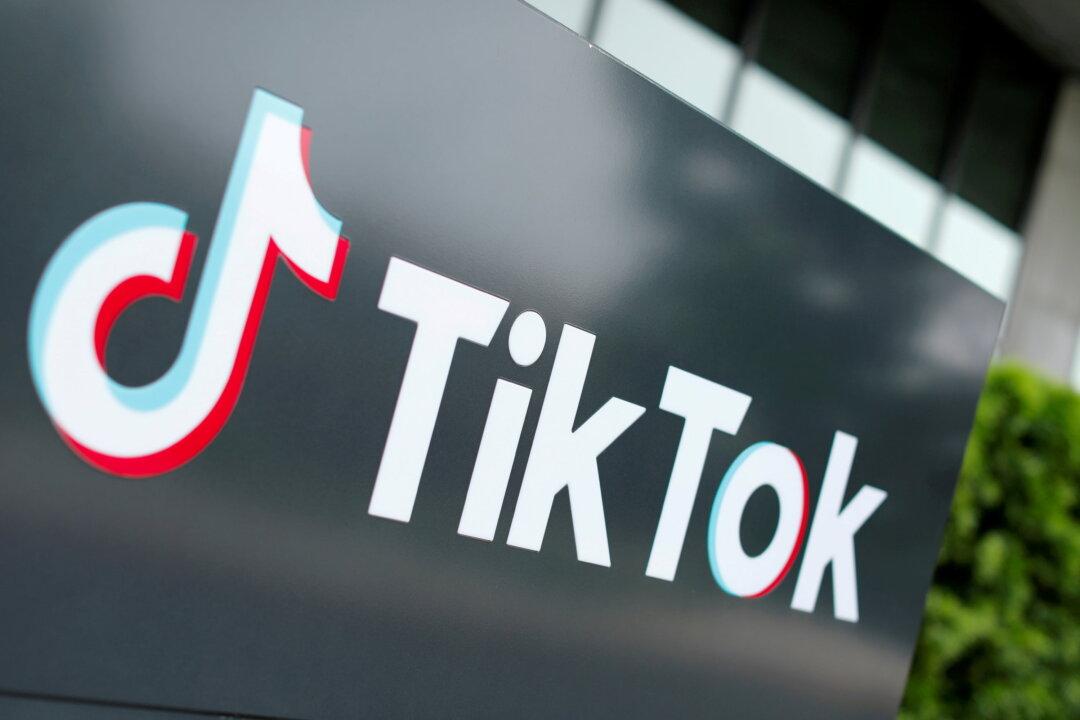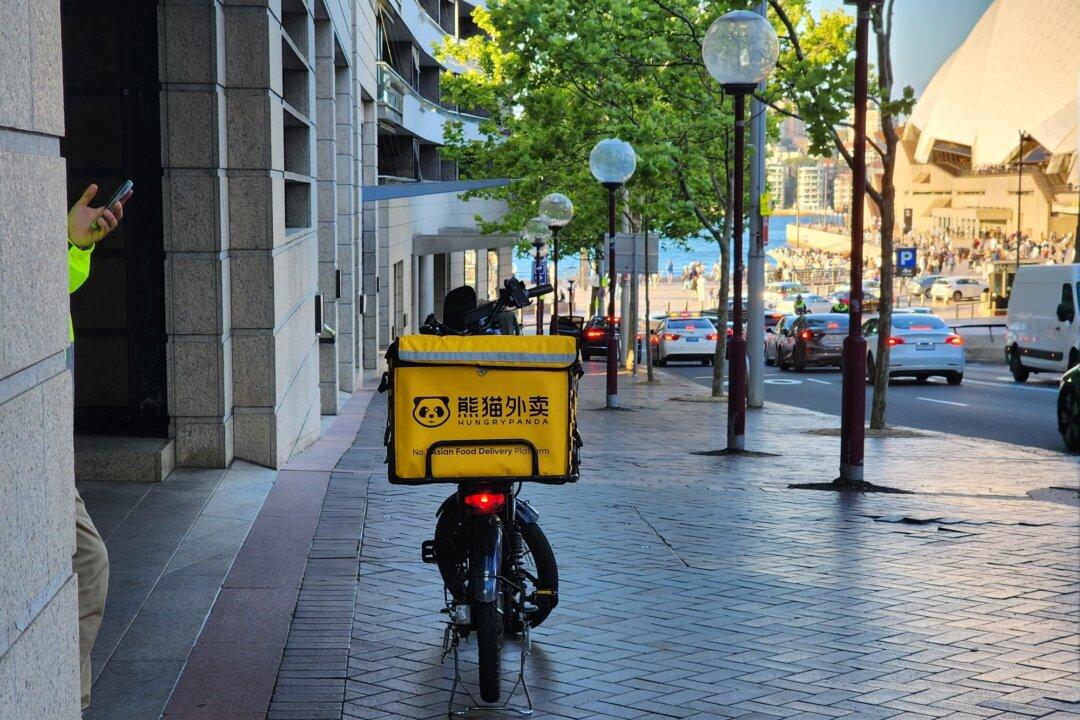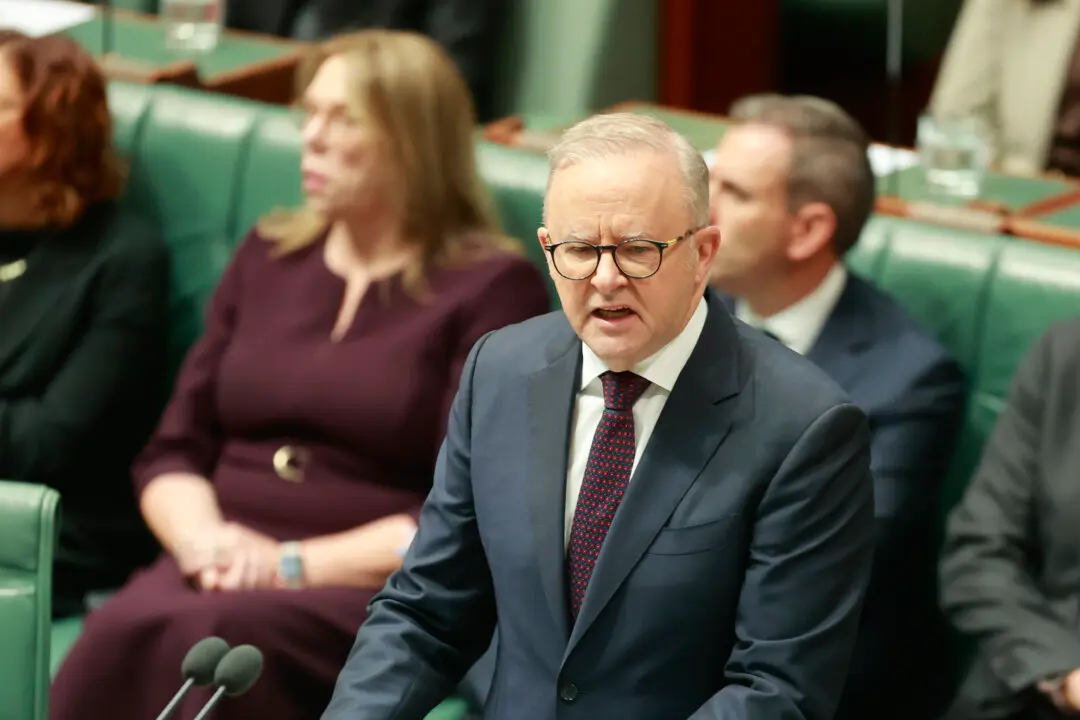TikTok has confirmed that employees in mainland China can access the data of millions of Australian users of the video-sharing app.
The company provided details after James Paterson, the shadow minister for cybersecurity and countering foreign interference, wrote to TikTok’s Australian general manager on July 3, asking for clarification on local user data.




